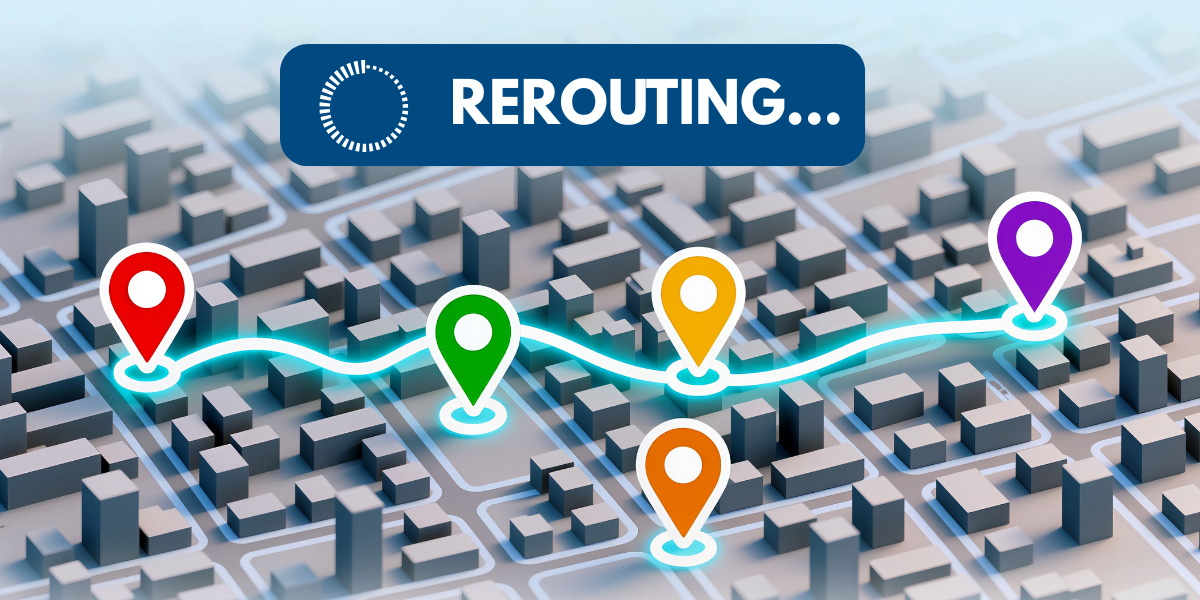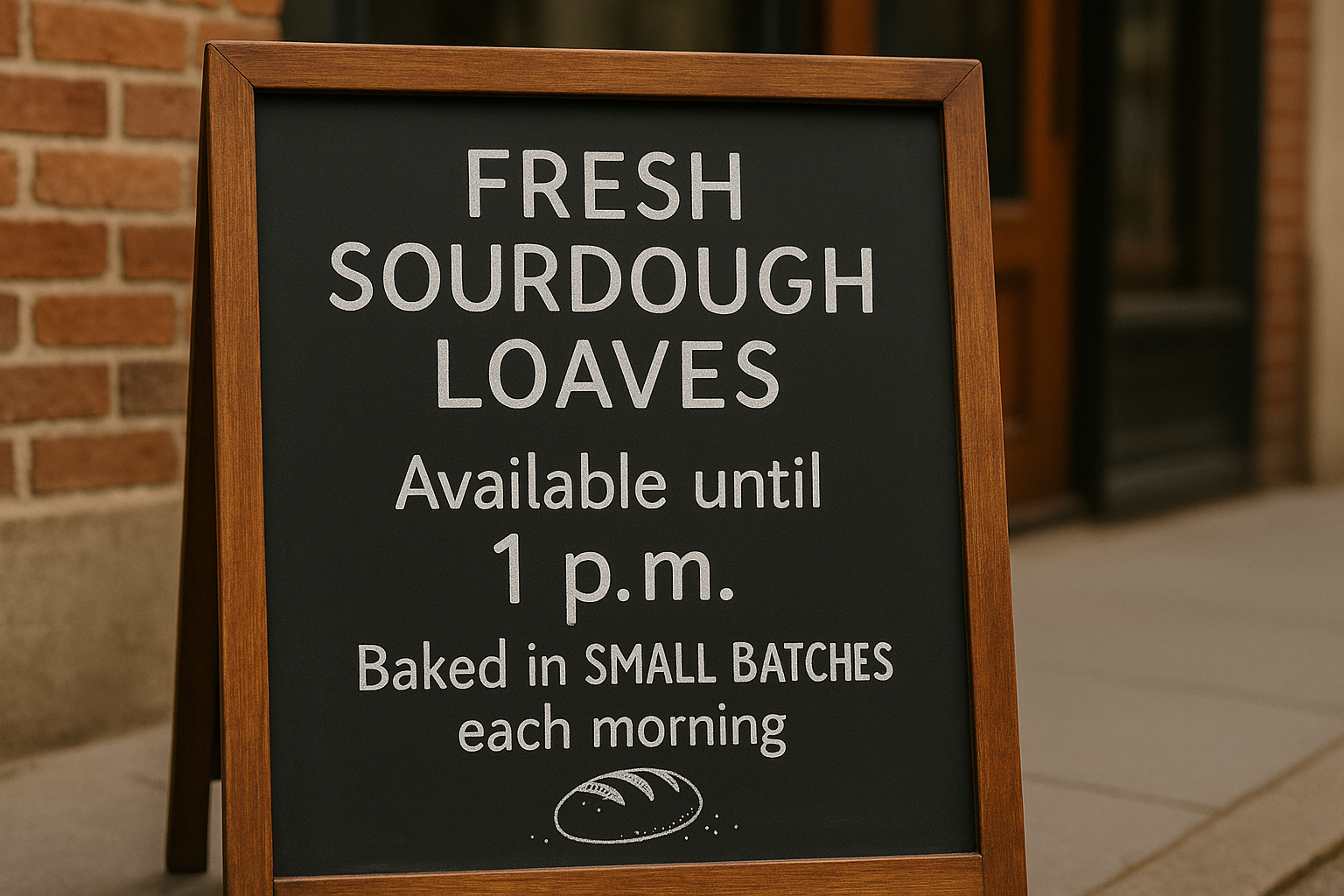What I Didn’t Expect About Getting B Corp Certified
This image was created using AI.
Last month, Core Impact became a B Corp-certified company. Joining the ranks of Patagonia, Athleta, Allbirds, and Ben & Jerry’s, it was an honor to be recognized as a business with “high social and environmental standards.” What surprised me is that the process revealed something I’m now convinced every purpose-driven leader needs.
I thought the main value would be the external validation – proving to clients and prospects that I practice what I preach. The certification turned out to be the accountability and the challenge I didn’t know was missing. B Corp is not a one-time achievement. Rather, it’s pushing me to live my values continuously.
What is B Corp Certification?
Orchestrated by the global nonprofit B Lab, B Corp is a certification standard that evaluates a company’s environmental and social performance. Over 10,000 businesses in 100+ countries are B Corp certified (out of over 300 million businesses worldwide). Certification requires taking the B Impact Assessment (BIA) and providing proof of your responses. The review process can take up to a year, and potentially longer for larger, more complex organizations.
Core Impact’s assessment included five impact topics: Environment, Customers, Workers, Community, and Governance. New B Lab standards were released in 2025, which now require companies to hit mandatory minimums in specific topics, with additional emphasis on climate action.
Why I Became B Corp Certified
I’ve always wanted Core Impact to become a B Corp, but I knew it would require a significant amount of time and financial investment. Ultimately, I took the plunge to:
Live My Values: Many of my current or former clients are or were B Corps. As a company that serves purpose-driven businesses, I wanted to demonstrate my commitment to the mission.
Grow My Business: I wanted to meet and work with more purpose-driven businesses. Doing so diversifies my portfolio and invites new experiences with mission-focused companies that ultimately benefit all clients.
Learn the Process: I wanted to gain a deeper understanding of the assessment and point scoring system, so I could provide advice on whether the certification is right for businesses based on their strategy and priorities.
Evaluate Core Impact against the gold standard: As a competitive person, I wanted to see how my business stacked up. I wondered whether I had enough points to qualify and where there was room for additional opportunity.
What I Didn’t Expect
While navigating the certification process and after participating in the B Corp community, I discovered an uncomfortable truth: I had been operating in an eco-chamber of my own good intentions. I went in thinking I was doing as much as possible to incorporate impact into my business, but we are subjective judges of our own performance. Feeling good can be a warning sign. We often need someone else to move the goalpost a little bit further away. Here are some of the specific ways that B Corp exposed my blind spots:
Accountability:
As the saying goes, you get what you measure. Any official certification, especially one that requires renewal, demands a level of accountability that you’re unlikely to hold yourself to. The B Corp assessment forced me to track:
Clients’ and suppliers’ social and environmental impact
Core Impact’s water, energy, and waste impact (including business travel)
The ways I use my business to educate or advance social or environmental improvements
Volunteer hours
I know these things are important, but my efforts were ad hoc at best. I made most impact decisions in a vacuum or on the fly without a set of metrics to evaluate the business. As part of an effort to transparently communicate these metrics, I published my first impact report. Now, as I create strategies and develop plans, I factor impact into my decision-making process.
Unexpected Sustainability Progress:
I didn’t intend to enhance my sustainability profile, but as a result of going through the certification process, Core Impact is now carbon neutral (I partnered with We Are Neutral, which I highly recommend!) The assessment educated me on the climate impact of green banking, which I’m currently evaluating. It led me to formalize an Environmental Purchasing Policy, a Civic Engagement Policy, an Ethical Advertising Policy, and a Code of Ethics. Documenting my approach to these topics ensures a set standard that I will adhere to, even during stressful times or when these principles are challenged.
External Pressure:
I recently returned from my first B Corp community event, BLD Southeast. Being surrounded by this group challenged me to use my voice, skills, and relationships to do even more to advocate for doing business differently. I was inspired and provoked to be discontent with the status quo, to interpret comfort as a sign of complacency.
This has emboldened me to be more vocal about my belief that marketing can contribute to excessive consumption and materialism, and to rethink business models to create more value while minimizing environmental impact. Incorporating these topics into my writing, speaking, and strategic consultation will be a bigger priority in the years ahead.
B Corp might not be the right choice or even a possibility for your business. But as purpose-driven leaders, we need to surround ourselves with communities of like-minded individuals that challenge us and push us to go further than we would on our own. We need accountability—a system or set of individuals that forces us to follow through and measure our progress. If not B Corp, it could be Conscious Capitalism, Net Impact, 1% for the Planet, or any other mission-driven group that holds its members to a higher standard and pushes for accountability.




